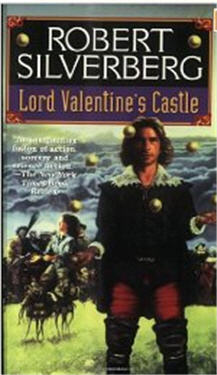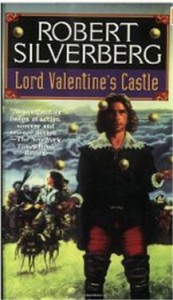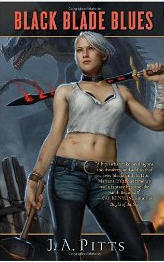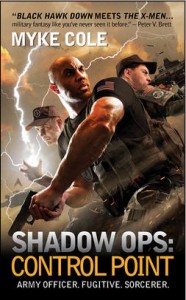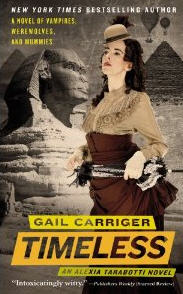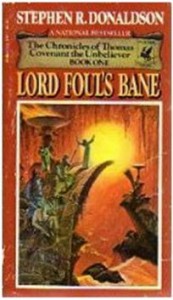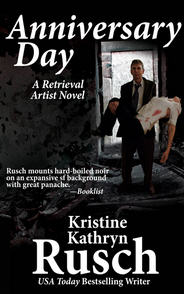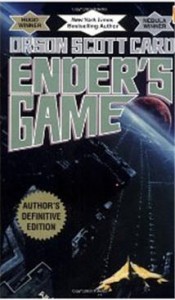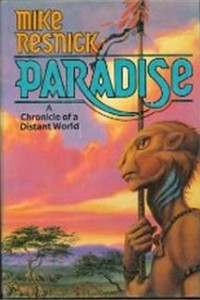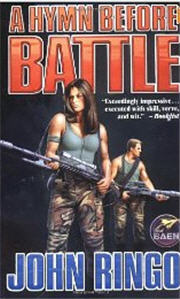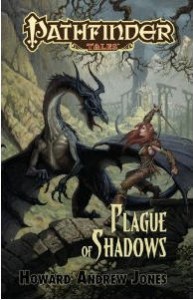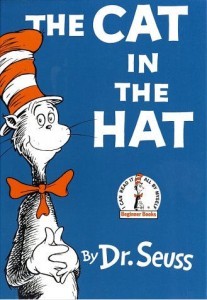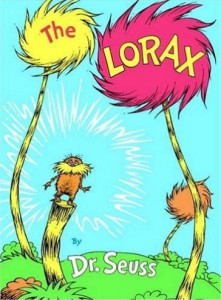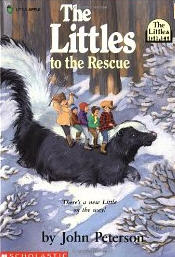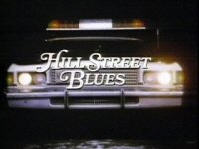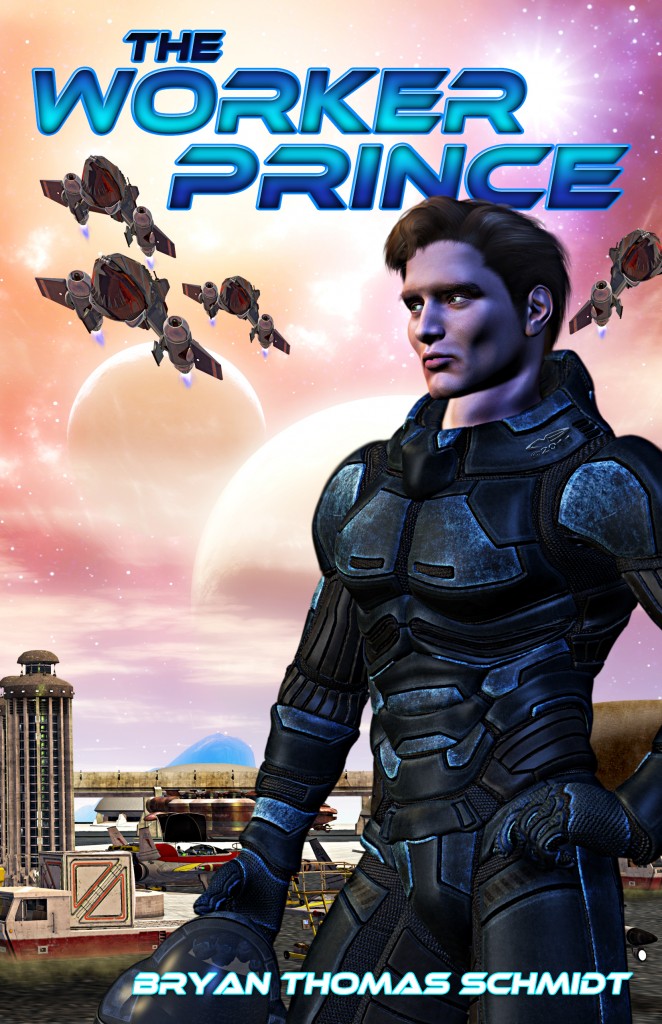I recently commented on a post by Mike Duran, an author friend, who got slammed by self-publishing fans for the gall to suggest one might actually want to have patience and explore options before rushing into self-publishing. HOW DARE HE?! You’d have thought he was talking about abortion or gay marriage from the vehemence of the responses. Most seemed not very thoughtful (not all) and very knee jerk reactions.
Ask yourself this right now writers: Do you want a writing career or do you want a writing hobby?
By writing career, I don’t necessarily mean full time. That’s a pipe dream for the majority of writers. But you can publish a lot of books while holding down a day job and be quite successful as well. That’s a writing career.
By writing hobby, I mean someone who just wings it. You write, you throw it out there, repeat.
It does not matter if you are an outliner or pantser, if you want some kind of career arc with longevity, you must consider strategy and planning for how to approach your career. Yes, those plans will evolve over time. Things will happen you never expected. That doesn’t negate the need for careful thought. And one of the most important considerations you can make is which publishers to work with and why.
FACT: The market is flooded with self-published books.
FACT: There is a lot of stuff that’s self-published because no professional publisher, small or large, in their right minds would pay money to publish it.
FACT: When you self-publish, people will look at you as if you might have written crap. It’s up to you to get them to discover differently and it’s a hard road.
So why is it so offensive, then, to suggest that people exercise patience? Hey! I know how hard it is to be patient when it comes to your passions. I have ADHD and patience is something I never pray for, fearing God will actually test me. But the advantages I’ve found to the reactions for my novel, published through a small traditional press, and my self-published short story collection are significant. The novel gets taken far more seriously by reviewers, readers, etc. It’s easier to sell. It’s easier to promote. It lent a sense of legitimacy to my career as a writer that the collection just didn’t. Now, I’ll admit the novel’s better. But even so, the collection was carefully prepared, beta read, and edited by others before I put it out there. I did approach it like a professional rather than just throwing it out there. But the stigma of self-publishing is a fact.
I walk into bookstores with my novel or sit at tables and the first thing people ask is “self-published?” People are inundated. And people are wary. They actually look relieved when I tell them it was published by a professional publisher.
These are just observations I’ve made from the past five months as an author out promoting his book. So it amazes me that so many people will jump down the throat of someone who suggests the common sense to think before you act in regards to self-publishing. It seems plain and simple to me. In fact, it seems stupid not to think it through.
The difference between those who want to be professional writers and those who are hobbyists is some thoughtful consideration of what to write, how you’d like to see it published, whether to have an agent, etc. It involves consideration of craft and growth, constant educating and reeducating of one’s self to stay on top of not just prose issues but the industry and genres. It involves being a harder critic on yourself than anyone else can be and approaching your work like a pro: seeking gatekeepers to help vet it and make sure it’s polished. The difference between a self-published novel where the author hired editors and made sure it was polished and one where the author just threw it on the market is huge. Do people occasionally get lucky? Sure. But luck is no foundation on which to build your career. Most of career building comes from hard work. It’s surely a symptom of our cultural addiction to instant gratification that people ignore that. There’s been plenty of evidence to prove it.
If you want to play Russian roulette with your career, you do have the right, of course. But if you don’t, attacking someone with common sense for daring to suggest you use some yourself is foolish and ignorant. It shows a lack of seriousness about yourself and your work. It shows the lack of a pro attitude.
I approach my writing as a career I’d like to make a significant portion of my income from. It’s what I’ve wanted to do since I was but a young child. It finally seems possible. After years of struggle, rejection and heart ache, I am finally getting success. I want more success, greedy bastard that I am, not less. So every move I make in regards to contracts signed, publishers I submit to, etc. is very carefully considered. I ask friends. I do research. I pray. I’d like to get to the goal of three novels a year. So far I am at two written. I’d like to have an agent. And I’d definitely like to make a profit as a novelist. Not there yet. So before I consider self-publishing, I think long and hard about my decisions. I can’t afford to be casual. I can’t afford to be careless. If you’re serious about your writing career, neither can you.
Let’s be clear. I am not saying all self-publishing is crap. Read this again if you think that. Never said it. But I am saying the stigma is real. And cannot/should not be ignored. What if your work gets lost in the shuffle? Are you okay with that? What if it’s not ready and you realize that after it’s out there associated with your name? Could it scare off future readers? Yes it could. Can your work be rejected without being read just because of the stigma? Yes. So give it careful consideration. Self-publishing may be right for you. But the stats speak for themselves. It’s not a get rich quick scheme. And above all, it’s no reason to attack a man suggesting patience as good sense in your approach to publishing.
If you’re serious about writing, it should be approached like a business. And most successful businesses have strategies and plans beyond an hour from now. Think about how you spend your money, where you spend it and why. How do you present yourself? What’s your audience? Are you a long form writing? A short fiction writer? A nonfiction writer? Or all three? What are your weaknesses? What are your strengths? How do you need to improve and what are things you can do to make that growth happen? Set goals. Most of all, write. Every day. It does take patience to succeed, especially in the writing business. It also takes smarts, not just passion, but wise thinking and strategizing with every move. How will the decision you’re making right now advance your career? If it doesn’t advance your career, is it worth doing? Where do you want to be in six months? A year? Five years?
Have a strategy. Have a plan. Know what you want. Go for it thoughtfully. That’s my two cents.
For what it’s worth…
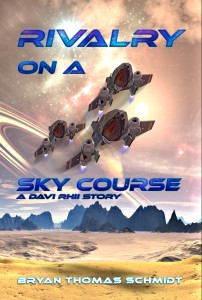 Bryan Thomas Schmidt is the author of the space opera novels The Worker Prince—which received Honorable Mention on Barnes & Noble Book Club’s Best Science Fiction Releases of 2011—and The Returning, both from the space opera series Saga Of Davi Rhii. He also wrote the collection The North Star Serial, and short stories published in Tales Of The Talisman and the anthologies Of Fur And Fire and Wandering Weeds: Tales Of Rabid Vegetation, amongst others. A freelance professional editor and proofreader, he’s edited books for authors like Leon C. Metz, David Brown and Ellen C. Maze. He’s also the host of Science Fiction and Fantasy Writer’s Chatevery Wednesday at 9:00 p.m. Eastern Time on Twitter (#sffwrtcht), where he interviews people like Mike Resnick, A.C. Crispin, Kevin J. Anderson and Kristine Kathryn Rusch. He can be found online as @BryanThomasS on Twitter or via his website: www.bryanthomasschmidt.net. Excerpts from The Worker Prince can be found on his blog.
Bryan Thomas Schmidt is the author of the space opera novels The Worker Prince—which received Honorable Mention on Barnes & Noble Book Club’s Best Science Fiction Releases of 2011—and The Returning, both from the space opera series Saga Of Davi Rhii. He also wrote the collection The North Star Serial, and short stories published in Tales Of The Talisman and the anthologies Of Fur And Fire and Wandering Weeds: Tales Of Rabid Vegetation, amongst others. A freelance professional editor and proofreader, he’s edited books for authors like Leon C. Metz, David Brown and Ellen C. Maze. He’s also the host of Science Fiction and Fantasy Writer’s Chatevery Wednesday at 9:00 p.m. Eastern Time on Twitter (#sffwrtcht), where he interviews people like Mike Resnick, A.C. Crispin, Kevin J. Anderson and Kristine Kathryn Rusch. He can be found online as @BryanThomasS on Twitter or via his website: www.bryanthomasschmidt.net. Excerpts from The Worker Prince can be found on his blog.
18 5-star & 4-star reviews THE WORKER PRINCE $3.99 Kindlehttp://amzn.to/pnxaNm or Nook http://bit.ly/ni9OFh $14.99 tpb http://bit.ly/qIJCkS.

